The Windows XP Zombie Apocalypse
The countdown is finally over for those looking for extended life support for XP (unless they've inked a deal). But are they still secure?


"Supporting operating systems beyond their end-of-life is nothing new for the corporate IT department, and there are plenty of ways-and-means to reduce or mitigate the risks associated with unsupported software. In the meantime, Google has said that it will support its Chrome web browser on Windows XP until April 2015, and antivirus vendors (including Microsoft) have said they will continue to update their software running on Windows XP computers until 2015."
While Windows XP and Windows 7 stand roughly shoulder-to-shoulder in terms of infection rates when there is no real-time anti-malware protection in place, with such armour Windows 7 leapfrogs clearly into the 'much safer' category.
What isn't in question is that, after today, software updates (wave goodbye to Patch Tuesday' for XP and service packs) will cease and desist. Even if a gaping big vulnerability is uncovered, regardless of whether there's a zero-day in the wild causing all kinds of damage or whatever, there will be no more security patches.
That much is stone cold fact. Existing patches may well - given the sheer number of XP instances still out there - be available online for some time yet. That doesn't alter the frankly worrying fact that any new vulnerabilities are going to be left to unpatched and accessible for anyone to exploit as they wish.
Research suggests that as many as a third of existing malware infections across operating systems can be put down, at some level, to a lack of timely security patching. It's common sense really, and doesn't take an IT security genius to work out that an unpatched piece of software (be that third-party application or core OS) is far more likely to get infected by an exploit than one that has been patched against a specific vulnerability.
At the OS level, it's also clear that while Windows XP and Windows 7 stand roughly shoulder-to-shoulder in terms of infection rates when there is no real-time anti-malware protection in place, with such armour Windows 7 leapfrogs clearly into the 'much safer' category.
Windows 8 hasn't been covered off in this feature yet for two key reasons. Firstly it just hasn't made any kind of impact upon the enterprise migration radar as of yet. Secondly, real-time protection comes built-in and, as a result infection rates are so low as to be all but invisible right now.
Indeed, about 0.2 per 1,000 compared to 4.2 per 1,000 for XP machines. Take away the real-time malware protection and XP rates shoot up to 15.6 per 1,000 according to Microsoft's own Malicious Software Removal Tool figures. This latter statistic is an important one in terms of the Windows XP security risk analysis. That's because the bad guys tend to focus their attention and resources where the biggest profit lays.
Sign up today and you will receive a free copy of our Future Focus 2025 report - the leading guidance on AI, cybersecurity and other IT challenges as per 700+ senior executives
Davey is a three-decade veteran technology journalist specialising in cybersecurity and privacy matters and has been a Contributing Editor at PC Pro magazine since the first issue was published in 1994. He's also a Senior Contributor at Forbes, and co-founder of the Forbes Straight Talking Cyber video project that won the ‘Most Educational Content’ category at the 2021 European Cybersecurity Blogger Awards.
Davey has also picked up many other awards over the years, including the Security Serious ‘Cyber Writer of the Year’ title in 2020. As well as being the only three-time winner of the BT Security Journalist of the Year award (2006, 2008, 2010) Davey was also named BT Technology Journalist of the Year in 1996 for a forward-looking feature in PC Pro Magazine called ‘Threats to the Internet.’ In 2011 he was honoured with the Enigma Award for a lifetime contribution to IT security journalism which, thankfully, didn’t end his ongoing contributions - or his life for that matter.
You can follow Davey on Twitter @happygeek, or email him at davey@happygeek.com.
-
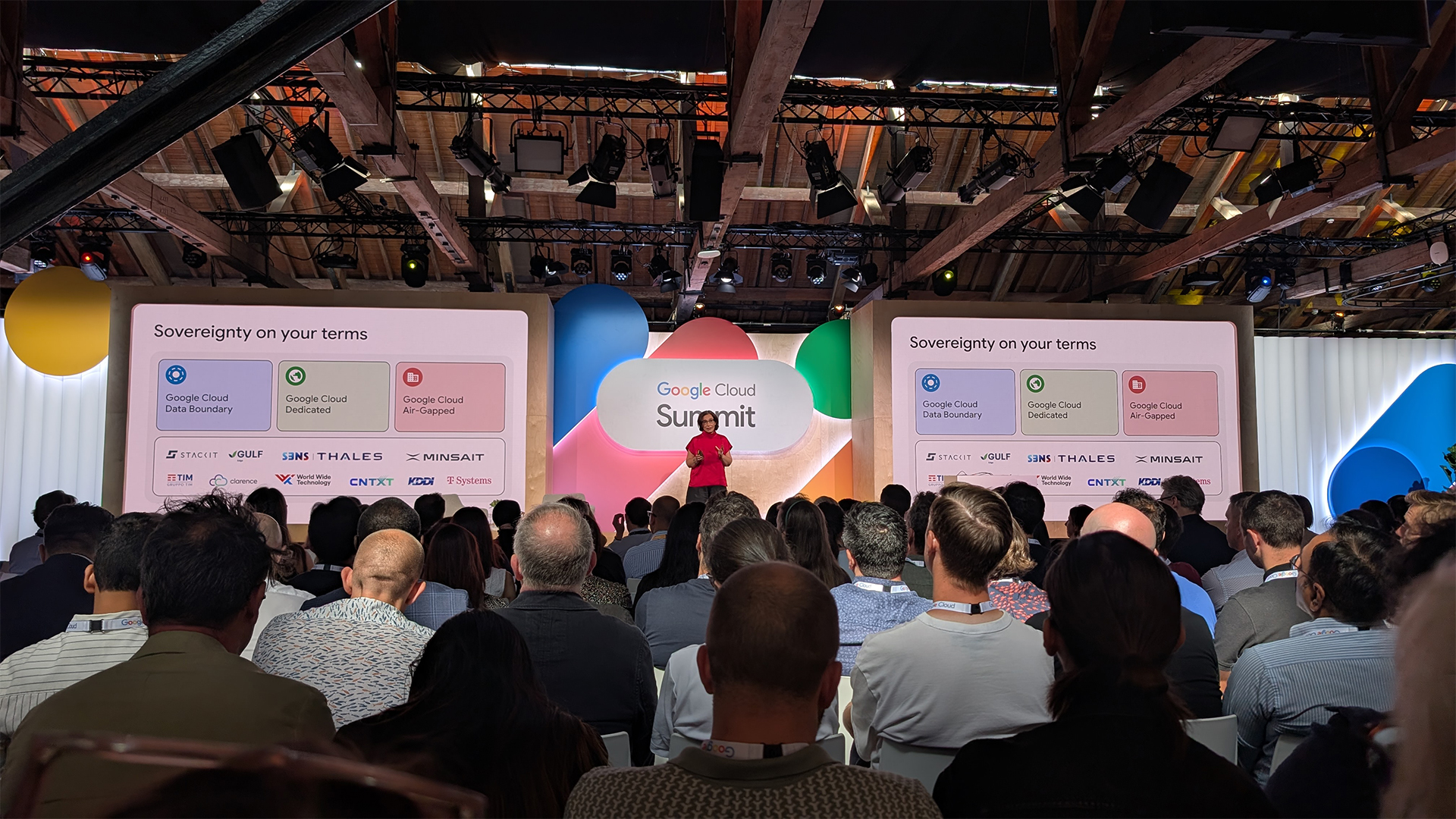 Google Cloud announces new data residency flexibility for UK firms, accelerator for regional startups
Google Cloud announces new data residency flexibility for UK firms, accelerator for regional startupsNews UK-specific controls and support for up and coming AI firms is central to Google Cloud’s UK strategy
-
 Workers are covering up cyber attacks for fear of reprisal – here’s why that’s a huge problem
Workers are covering up cyber attacks for fear of reprisal – here’s why that’s a huge problemNews More than one-third of office workers say they wouldn’t tell their cybersecurity team if they thought they had been the victim of a cyber attack.
-
 IDC: The business value of IBM Maximo
IDC: The business value of IBM MaximoWhitepaper Integral to the transformation of asset management
-
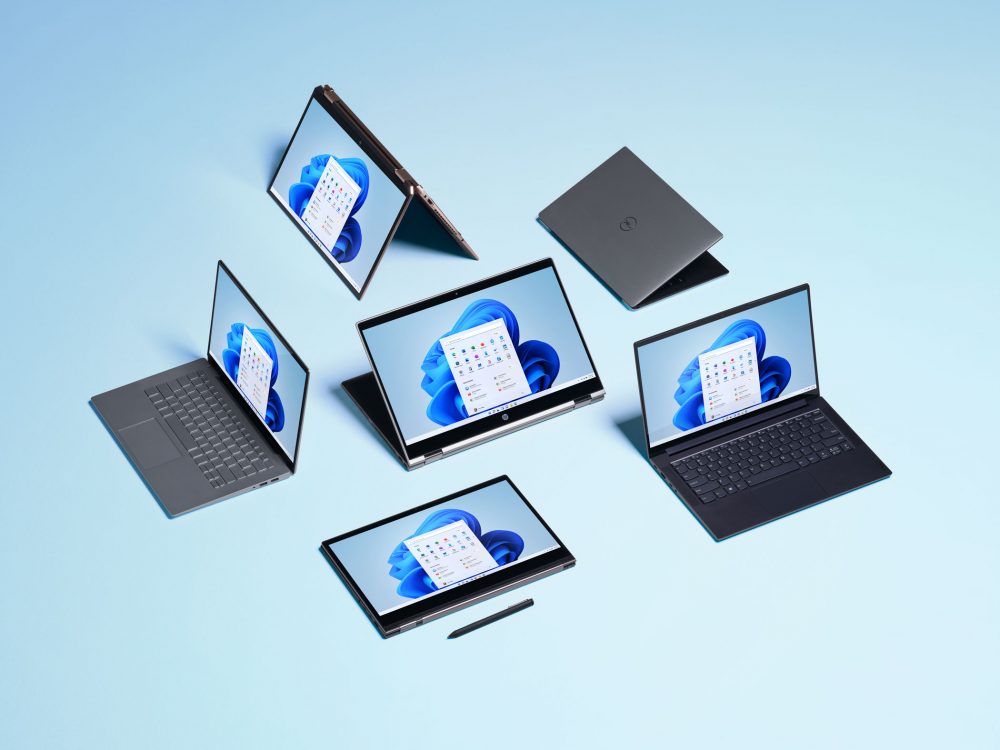 Windows 11 tips and tricks for IT professionals
Windows 11 tips and tricks for IT professionalsIn-depth Like many systems, Windows 11 has a slate of hidden tips and tricks for users looking to ramp up productivity
-
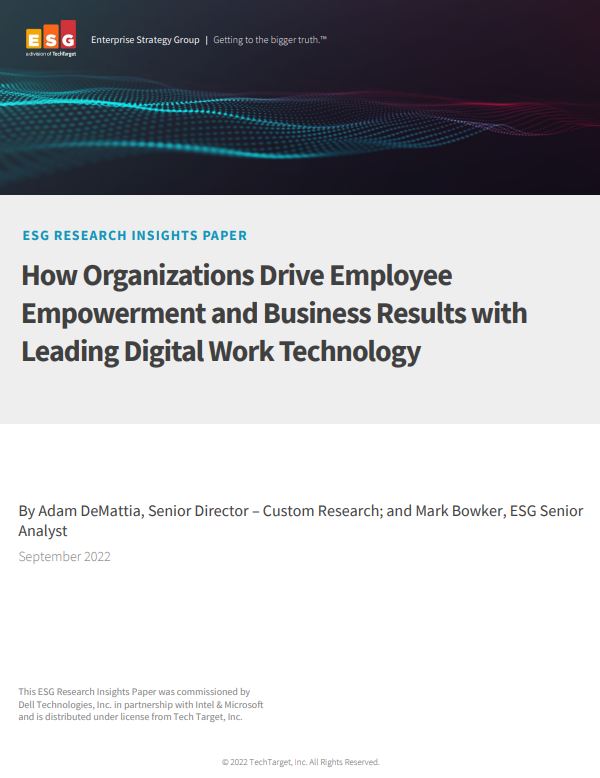 How organisations drive employee empowerment and business results with leading digital technology
How organisations drive employee empowerment and business results with leading digital technologyWhitepaper What you can achieve with a leading approach to digital work
-
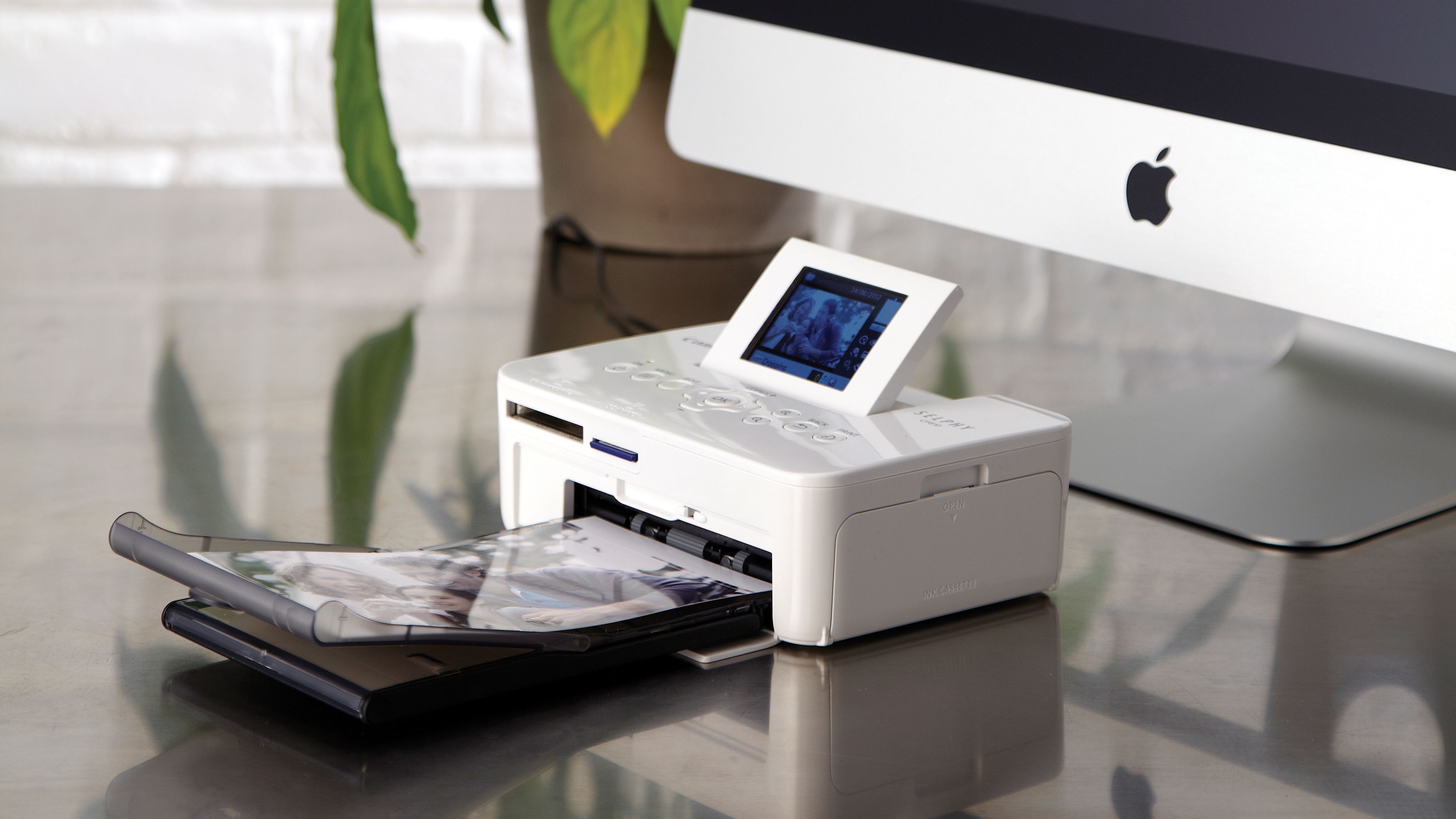 How to add a printer to macOS
How to add a printer to macOSTutorials Everything you need to know about connecting a printer to an Apple computer via cable, Wi-Fi or IP address
-
 How to make a printer shortcut in Windows 10
How to make a printer shortcut in Windows 10In-depth Quickly checking printer settings and the print tray just got a bit easier with these simple steps
-
 How to take a screenshot on MacOS
How to take a screenshot on MacOSTutorials We run you through the various ways to take a screenshot on MacOS, including how to capture tricky areas like the menu and touch bars
-
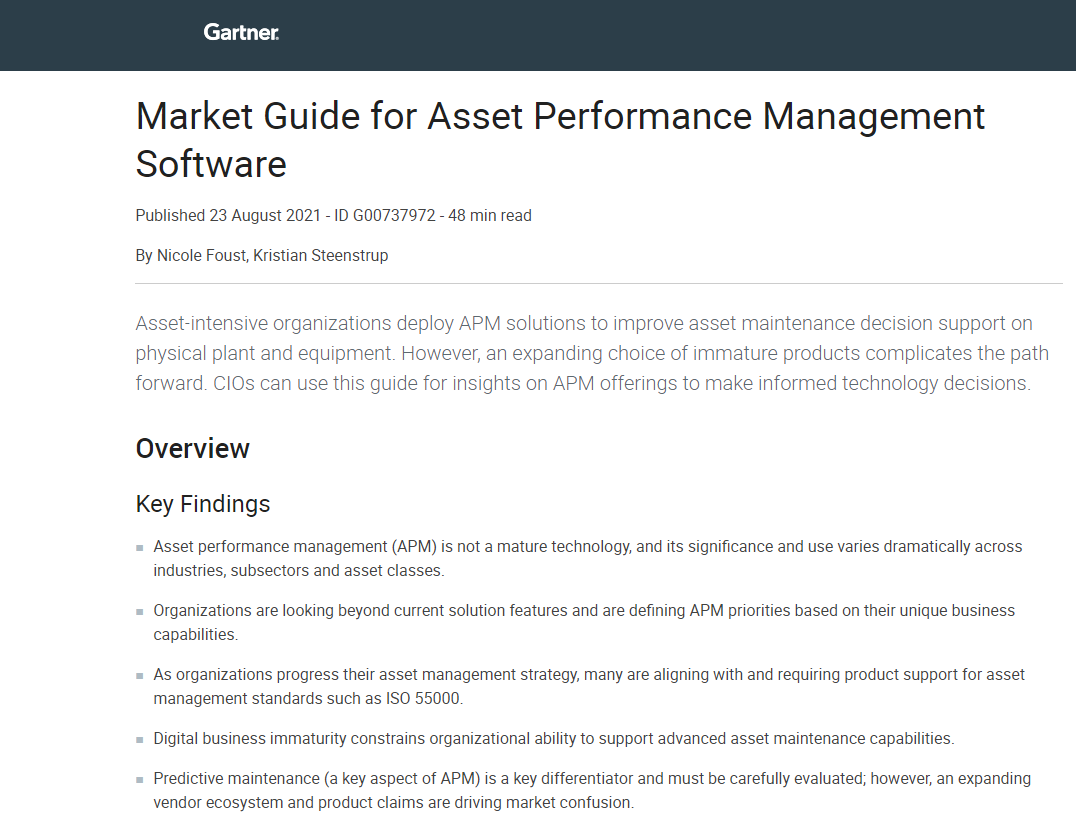 How to choose APM software for your business
How to choose APM software for your businessWhitepaper A market guide to Asset Management Performance software
-
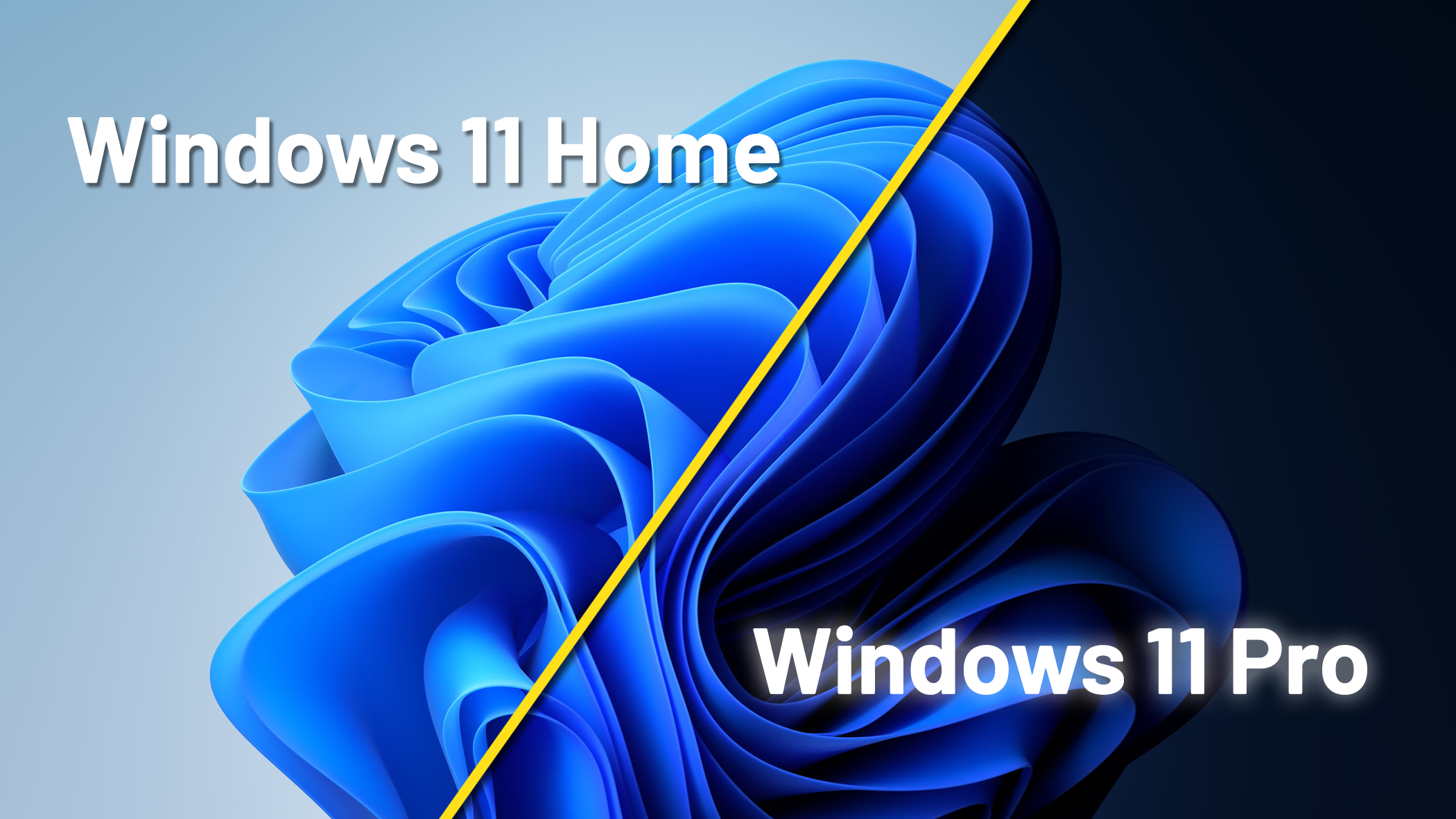 Windows 11 Home vs Pro: What's the difference for business users?
Windows 11 Home vs Pro: What's the difference for business users?Vs A comparison of the various features and tools available across Windows 11's Home and Pro versions
